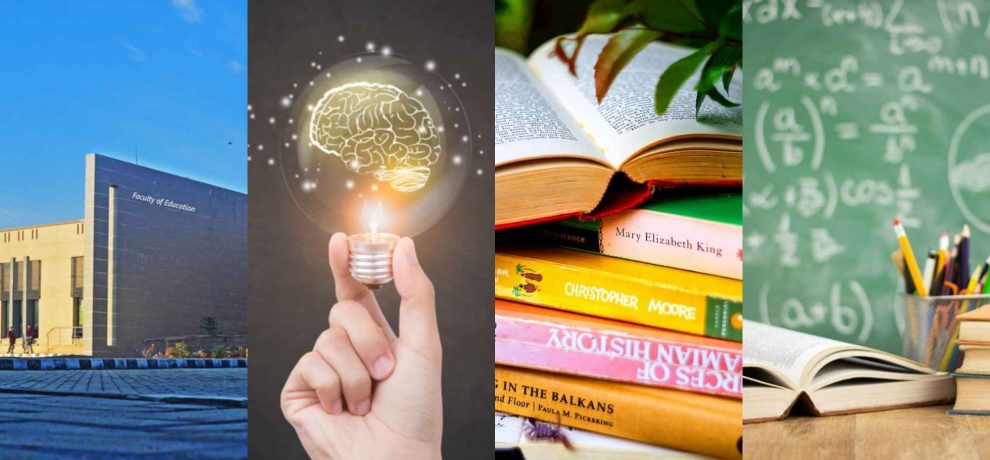In our rapidly changing world, it has become more important than ever to prepare ourselves for the future. Education plays a crucial role in future-proofing individuals and equipping them with the skills and knowledge needed to navigate the complexities of tomorrow. In this article, we will explore how education can help us adapt to a changing landscape and thrive in an uncertain future.
1. Developing Critical and Innovative Thinking:
Education should focus not only on knowledge acquisition but also on developing critical and innovative thinking skills. In a world where technology and industries evolve at a rapid pace, the ability to think critically, solve problems, and approach challenges with creativity will be highly valued. Education should encourage students to ask questions, explore different perspectives, and think outside the box, preparing them for the unknowns of tomorrow.
2. Emphasizing Lifelong Learning:
Future-proofing education must emphasize the importance of lifelong learning. In an era of continuous change, individuals need to be adaptable and willing to update their skills and knowledge throughout their lives. Education should instill a love for learning, curiosity, and the ability to embrace new ideas and technologies. By fostering a culture of lifelong learning, individuals can continually adapt to new challenges and opportunities.
3. Technology Integration:
The integration of technology into education is paramount for future-proofing. Technology can enhance the learning experience, allowing individuals to engage with information in innovative ways. Additionally, it equips learners with digital literacy skills, essential in a technology-driven society. By embracing technology, education can equip students with the digital skills needed to thrive in the future job market.
4. Collaboration and Interdisciplinary Learning:
To prepare for the future, education should encourage collaboration and interdisciplinary learning. As challenges become more complex, the ability to work in diverse teams and leverage knowledge from different fields will be invaluable. Education should provide opportunities for students to engage in collaborative projects, develop interpersonal skills, and gain exposure to interdisciplinary approaches. This will foster a holistic understanding of real-world issues and promote innovative problem-solving.
5. Cultivating Resilience and Emotional Intelligence:
The future is uncertain, and individuals will need to navigate through various challenges and setbacks. Education should focus not only on academic content but also on developing resilience and emotional intelligence. By fostering self-awareness, empathy, and emotional regulation, education can equip individuals with the skills to navigate change and adversity successfully.
Education is instrumental in future-proofing individuals for an ever-changing world. By developing critical and innovative thinking skills, emphasizing lifelong learning, integrating technology, promoting collaboration and interdisciplinary learning, and cultivating resilience and emotional intelligence, education can prepare individuals to thrive in tomorrow’s landscape. It is vital that education systems adapt to the evolving needs of the future, ensuring that individuals can proactively embrace change, contribute to society and seize opportunities in an uncertain world.,
















Add Comment